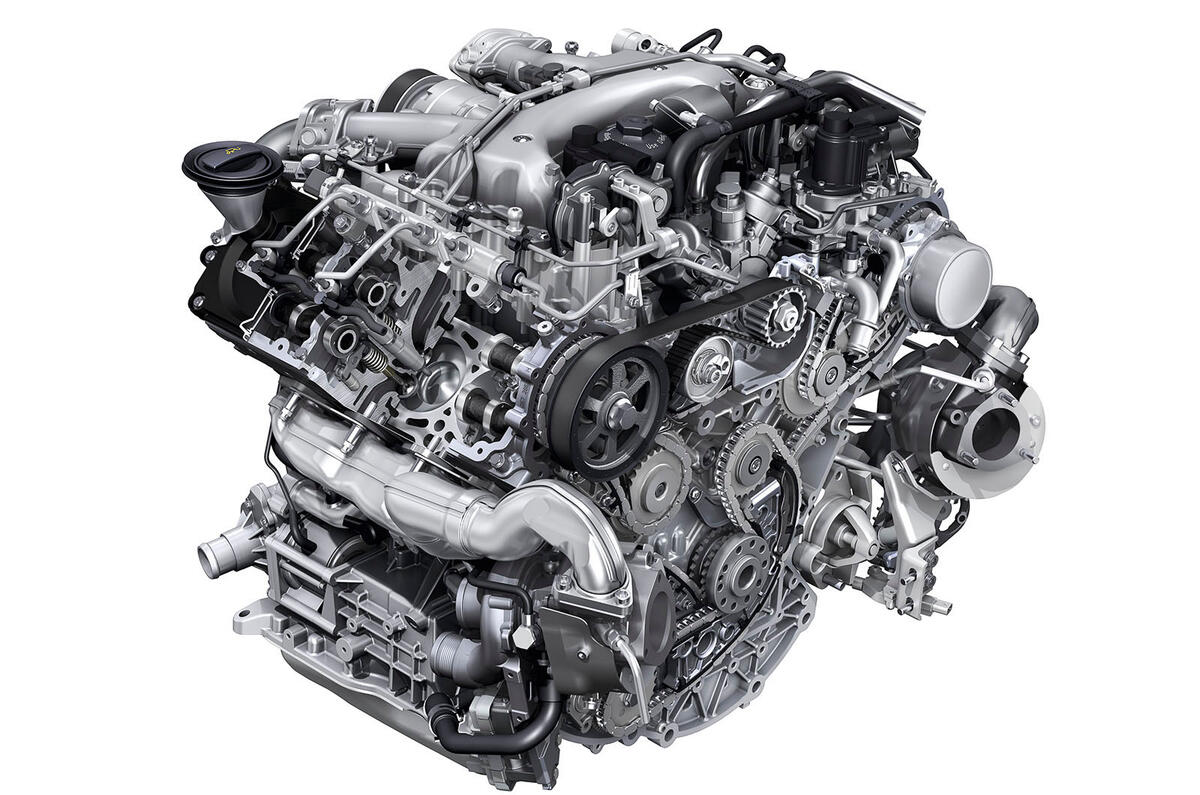London is introducing an Ultra Low Emissions Zone in April of 2019 and understandably, the public have a few questions. So, we've taken it upon ourselves to answer some of the most popular diesel-related, oil-burning questions.
Is it time to give up on the diesel engine?
I’m changing my car soon. Would it be safest to buy petrol?
Lots of people are thinking like this, just as we move into an era of truly clean diesels. We see no reason not to consider an EU6-compliant, WLTP-era diesel when they go on sale later this year.
UK car market hit record high in March
Am I risking a low resale value later if I buy a diesel car now?
So far, there’s no evidence of that. Demand for new cars is falling a bit, but Glass’s Guide says used diesel values — even for VWs from the pre-EU6 ‘defeat device’ era — have been holding up well.
Are all car manufacturers tarred with the same brush as Volkswagen?
We believe not. There have been some rumblings, but the shock of the VW scandal has become conflated with market disappointment about over-optimistic fuel economy results returned using the outmoded NEDC test cycle, soon to be replaced.
Greed, lies and deception - the VW Dieselgate scandal laid bare
What about all those old taxis and vans I see driving around in London?
Surely they’re worse than my car? Possibly, but they won’t be around for much longer. New taxis have to be plug-in hybrids or range-extenders from 2018, and tough new congestion charges are coming this year for all high-pollution vehicles.
I have a 15-year-old diesel car. Should I scrap it?
If it’s healthy and is never driven in urban zones where pollution is an issue, you’re not doing much harm, and you’re saving money.
Best diesel cars for £500 - used buying guide
Is there anything I can fit to an old diesel to cut pollution?
Probably not. A few accessory companies have tried selling addon gadgets over the years, but there’s no evidence that they work.









Join the debate
Add your comment
Why buy a diesel
Whether to buy a diesel or
DPFs can be retro fitted
I never understood why London Taxis were fitted with large, heavy, old tech diesel engines for the last 15 years - they could have fitted much smaller, lighter and more modern all alloy engines from PSA for instance (a lot of these had DPFs years before other manufacturers fitted them), massively reducing fuel consumption, and emissions.
London Taxis don't have old
There are also restrictions in London for all commercial and PSV vehicles, that's why open top buses, for example, are all purpose built, and not old double deckers that have been pensioned off from normal service.